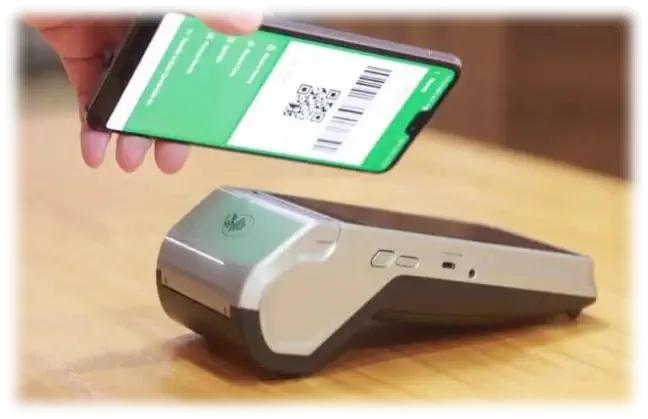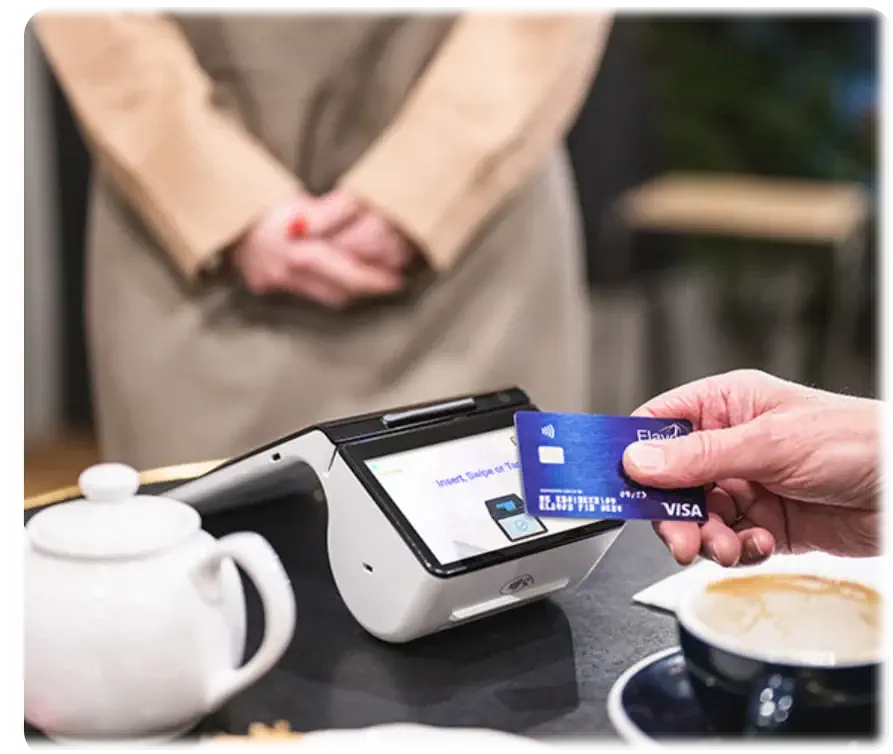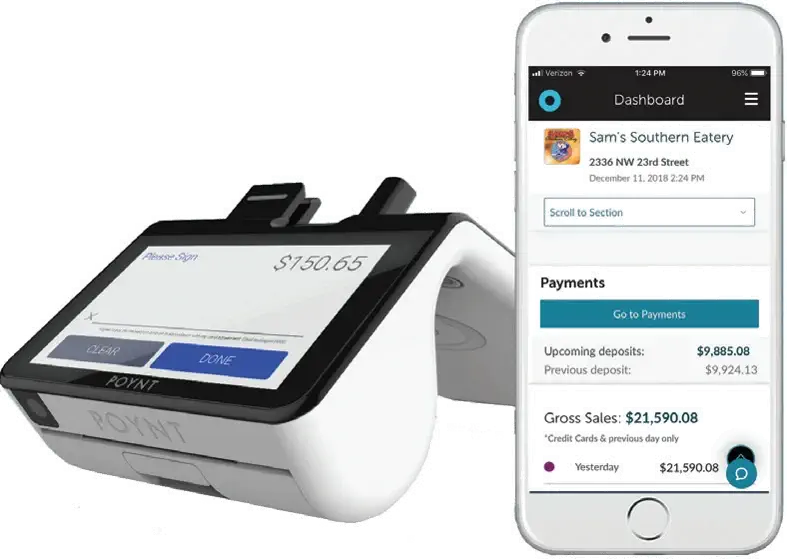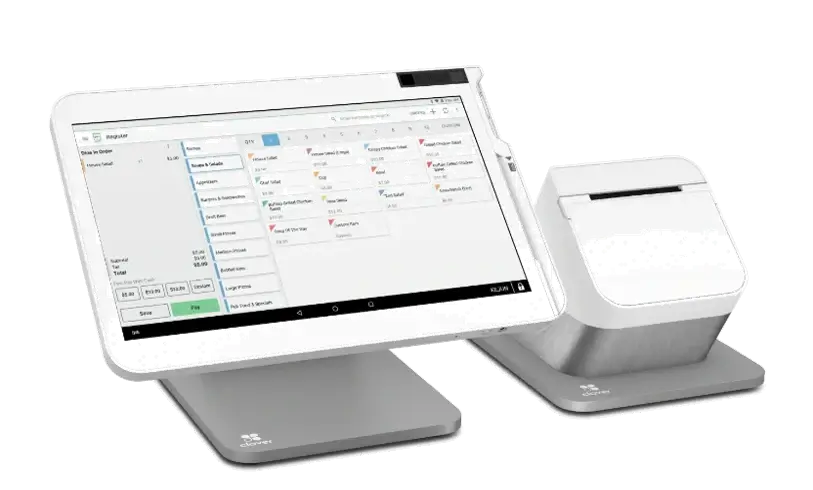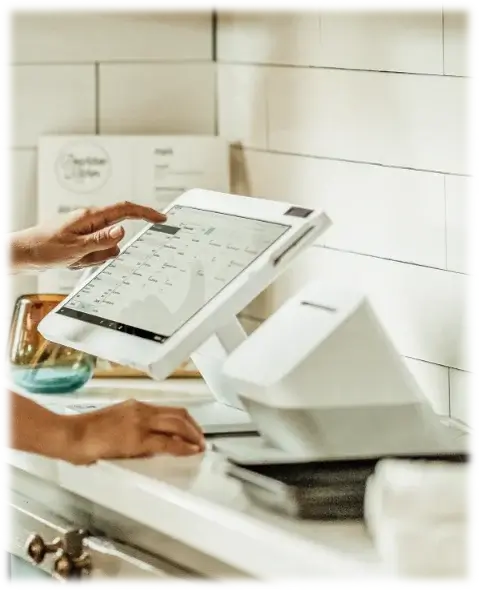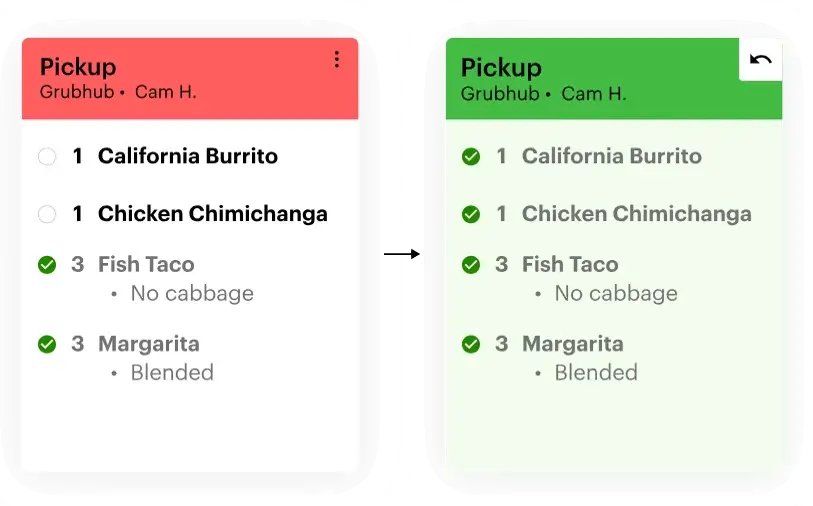What Is A Retail Merchant Account? A Profound Guide For The USA Retail Business Owners
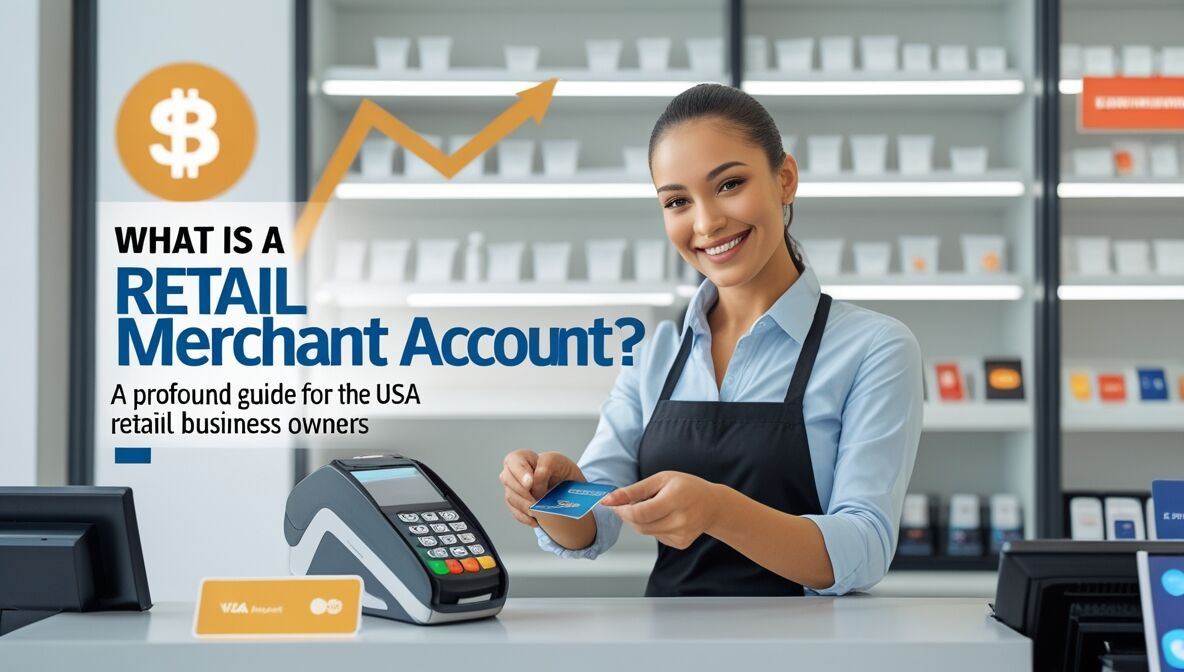
Planning to enter the retail space or upgrade your current business? One of the most essential tools you'll require is a retail merchant account. But what is a retail merchant account, and how can it make your retail store thrive? Relax—this article is intended to deconstruct everything, so that you'll feel confident to learn and select the optimal retail merchant solutions best suited for your needs.
What Is A Retail Merchant Account? A Simple Explanation
A retail merchant account is a type of specialized bank account that enables retail merchants to accept credit and debit card payments from consumers. It's like a pathway that exists between your retail shop or online store and the payment networks, making smooth, secure transactions possible.
In short:
It's a payment account that handles payments made through credit cards, debit cards, and digital wallets.
It enables retail merchants to accept multiple payments in-store or online, enhancing the shopping experience for customers.
Why does this matter? Card acceptance is crucial for retail success in today's digital age. Buyers look for quick, convenient, and safe payment choices—whether browsing online retail merchant account services or shopping at a brick-and-mortar retail store.
How Do Retail Merchant Accounts Work? Key Features And Benefits
How Does A Retail Merchant Account Process Payments?
When a customer swipes, dips, or taps their card, the transaction details are transmitted securely from your store or online business to the retail merchant services provider. This provider will then liaise with the acquiring bank and the card issuer to authorize and settle the transaction.
Retail Merchant Account Key Features Include:
- Secure Payment Processing: Encrypts customer data and has fraud prevention features.
- Multiple payment methods: Accepts credit card accounts, debit cards, contactless payments, and more.
- Fast settlement of funds: Transfers funds to your retail merchant account rapidly, usually within 24-48 hours.
- Capability to integrate: Compatible with POS systems, eCommerce sites, and retail management software.
Most Benefits Of Retail Merchant Accounts:
- More Sales: Accepting debit and credit cards widens your customer base.
- Improved Cash Flow Management: Rapid access to money enhances your cash flow.
- Enhanced Customer Experience: Offering alternative payment options improves customer satisfaction and loyalty.
- Professional Credibility: Employing popular merchant account services for retail enhances your professional credibility.
Why Do Retailers Require A Retail Merchant Account? What Are The Gains It Can Make?
Do You Actually Need A Merchant Account?
If your USA-based retail business is going to expand, take payments easily, and remain competitive, then yes—a retail merchant account is virtually necessary.
Key Advantages For Retail Merchants Are:
Access to Popular Merchant Account Services for Retail: Such services make payments easier, lower fraud risks, and enhance operational efficiency.
- Improved Credibility: Accepting credit cards conveys trust to customers.
- More Sales Opportunities: Customers would rather pay using cards or mobile wallets, particularly in retail stores or online retail merchant account facilities.
- Improved Data and Analytics: Merchant accounts offer transaction information, which can help you learn about the behavior of your customers and streamline your retail initiatives.
For small companies, a Retail Merchant Account Service For A Small Business can be a lifeline, providing low-cost, expandable retail merchant solutions that fit your budget and growth strategy.
What Are The Types Of Retail Merchant Accounts? Which One Is Right For Your Business?
Knowing and selecting a retail merchant account involves learning the various types that exist:
1. Retail Store Merchant Accounts
Created specifically for physical retail shops, these accounts facilitate in-store payments through POS terminals, card readers, or cell phones.
2. Online Retail Merchant Accounts
Perfect for online retailers, these accounts accommodate online retail merchant account service, enabling you to take payments through your site or virtual shopfront.
3. Mobile Merchant Accounts
For mobile retail merchants—pop-up stores or market stands, for example—mobile card readers that interface with smartphones or tablets are the perfect fit.
4. High-Risk Merchant Accounts
For retail stores with higher transaction volumes or specialized niches, these accounts offer unique services but may incur higher charges.
Which One Best Fits Your Retail Store?
- If you're operating in a physical retail store, a retail store merchant account fits the bill.
- For online retail, an online retail merchant account or online retail merchant account services are the way to go.
- If you are a small business, find retail merchant solutions that are suited to your budget and growth requirements.
Learning and selecting a retail merchant account may appear challenging, but partnering with the best providers helps you obtain the best retail merchant account that suits your business model.
How Do You Set Up A Retail Merchant Account? A Step-by-step Guide
It is not difficult to get started with a retail merchant account, but it needs planning. Here's a quick step-by-step:
Research And Compare Providers
Search for the 7 best retail merchant account providers that provide retail merchant services appropriate for your business size and type of industry.
Evaluate Fees And Features
Compare retail merchant account fees and costs, including setup fees, transaction costs, and monthly charges.
Apply For A Merchant Account
Fill out an application with your chosen provider. You’ll need to provide business details, banking information, and tax IDs.
Undergo Approval Process
The provider will check your creditworthiness and business information—this is where knowledge of merchant vs retailer differences comes in handy.
Set Up Payment Hardware Or Online Platforms
Link your POS hardware or integrate with your eCommerce platform through online retail merchant account services.
Test The System
Test transactions before going live to ensure smooth processing.
Start Accepting Payments
Once approved, you’re ready to accept credit cards, debit cards, and other forms of retail merchant payments.
Pro tip: Opt for Thrifty Payments or other providers known for affordable retail merchant solutions to keep costs low.
What Are The Fees And Costs Associated With A Retail Merchant Account?
Understanding Retail Merchant Account Fees Is Critical. Typical Costs Include:
| Fee Type | Description | Example/Notes |
| Setup Fees | One-time cost for account setup | Varies by provider |
| Transaction Fees | Percentage or flat fee per transaction | 2.5% – 3.5% + $0.10 per transaction |
| Monthly Fees | Regular service charges | $10 – $50/month |
| Chargeback Fees | Cost when a customer disputes a charge | $25 – $50 per incident |
| Hardware Costs | For POS terminals or card readers | One-time purchase or leasing |
The top 7 best retail merchant account providers provide clear fee structures, so you know how retail merchant processing can keep your business profitable.
How Do You Provide Security And Compliance With Retail Merchant Accounts?
Security and compliance are not optional when dealing with sensitive customer payment information. Knowing and selecting a retail merchant account with strong security features is essential.
Essential security features are:
- PCI DSS Compliance: Ensures your retail merchant account service for a small business adheres to payment industry standards.
- Encryption & Tokenization: Protects customer card data during transactions.
- Fraud Detection Tools: Monitors suspicious activity in real-time.
- Secure Payment Gateways: Prevent unauthorized access during online transactions.
Why Is This Important?
- Safeguards your customers' information, establishing trust.
- Avoids expensive data breaches and fines.
- Guarantees seamless functioning and prevents downtime due to security concerns.
Key benefits of retail merchant accounts are having peace of mind in knowing your retail merchant facilities adhere to security requirements, and your retail shop becomes more reliable.
What Are The Common Challenges Of Retail Merchant Accounts And How To Overcome Them
Although retail merchant accounts have numerous advantages, certain disadvantages are:
- High Fees: Certain providers impose exorbitant transaction or monthly charges.
- Chargebacks & Disputes: Can impact your cash flow if not handled efficiently.
- Settlement Delays: Funds can take longer to settle in certain instances.
- Security Risks: Data breaches may occur without adequate security protocols.
How To Overcome These Challenges?
- Choose the top 7 best retail merchant account providers known for transparent, competitive fees.
- Implement rigorous fraud prevention and chargeback management.
- Regularly review your merchant account statement and transaction history.
- Prioritize security with PCI-compliant systems and encryption.
Recognizing and selecting a retail merchant account that suits your business requirements can effectively overcome these issues.
What Are The Expert Tips For Selecting The Best Retail Merchant Account?
The selection of a retail merchant account is a strategic move. These are some tips:
- Compare Top Providers: Search for leading merchant account providers for retail with good reviews and a reputation.
- Analyze fees: Choose frugal payments and providers with transparent fee structures to ensure maximum profitability.
- Analyze Customer Support: Good support is imperative for troubleshooting and installation.
- Inspect Integration Choices: Make sure the retail merchant account service for a small business works well with your POS and eCommerce solutions.
- Security Features: Prioritize accounts that are PCI DSS compliant and provide fraud detection.
- Consider Future Growth: Select a provider who provides scalable solutions for your retail merchant services account.
Choosing and understanding a retail merchant account with the above tips guarantees you receive the best retail merchant account suited for your business.
What Are The Future Trends In Retail Merchant Accounts? What Can You Expect?
The retail merchant solution landscape is changing fast. Some of the trends that are soon to follow include:
- Contactless Payments & Mobile Wallets: Greater use of Apple Pay, Google Pay, and other contactless methods.
- AI & Machine Learning: Sophisticated anti-fraud and customer insights.
- Integration with Loyalty & CRM Systems: Improved customer experience.
- Stronger Security Measures: Biometric authentication and tokenization.
- Global Expansion: Increasing retail merchant accounts that accommodate multi-currency and cross-border transactions.
Why retail merchant processing can make your retail company stay ahead is by embracing these innovations and selecting providers that welcome future technologies.
Frequently Asked Questions
Q1) Do I need a merchant account to accept credit cards?
Ans) Yes, if you wish to accept credit and debit card payments in your retail business or online store, a merchant account is necessary.
Q2) How does a retail merchant account differ from a business checking account?
Ans) A retail merchant account is exclusively for taking card payments, whereas a business checking account is an ordinary bank account for keeping funds.
Q3) Can I get a retail merchant account if I have bad credit?
Ans) It varies by provider. Certain leading retail merchant accounts might approve accounts even with credit problems, though charges could be greater.
Q4) What's the distinction between a merchant vs retailer?
Ans) A merchant is a business or individual selling products or services, whereas a retailer specifically is those organizations selling products to individuals—most retail companies require retail merchant accounts.
Q5) How long does it take to open up a retail merchant account?
Ans) On average, retail merchant account activation will take a few days to one week, varying depending on the provider and your business paperwork.
Q6) What does an online retail merchant account service cost?
Ans) Set up fees, transaction fees, and monthly fees—always see the top 7 best retail merchant account providers for clear-cut costs.
Conclusion: Maximize Your Business Potential With A Retail Merchant Account
In today’s competitive retail landscape, accepting card payments through a retail merchant account isn’t just a bonus—it’s a necessity. Whether you’re running a retail store merchant account or an online retail merchant account, understanding how retail merchant processing can help your business grow is fundamental.
From knowing and selecting retail merchant accounts that suit your requirements to maximizing the best benefits of retail merchant accounts, the best retail merchant solutions can enhance sales, enhance cash flow, and foster customer confidence. Keep in mind, the selection of the best retail merchant account provider—such as those providing retail merchant services in the USA—keeps you ahead of the competition.
Ready to elevate your retail business? Investigate your choices, compare vendors, and deploy secure, effective retail merchant solutions today. Your customers and your bottom line will thank you.


